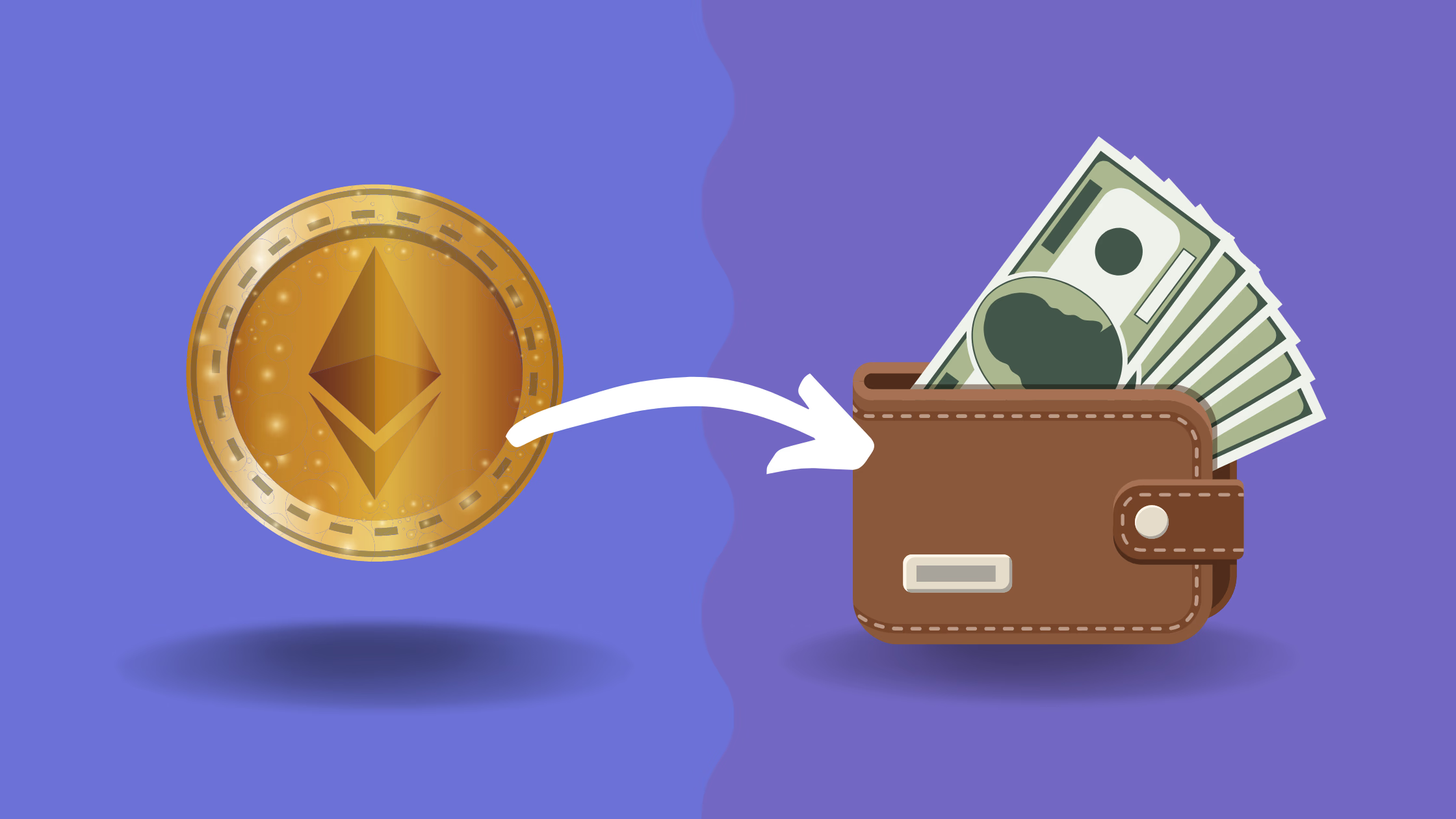For regional payment service providers (PSPs), staying competitive means offering merchants and users access to crypto payment rails without rebuilding infrastructure from scratch. But enabling local-to-crypto conversions is complex: it requires compliance, liquidity, and seamless settlement layers.
This case study shows how a regional PSP integrated TransFi’s white-label API to provide instant local-to-crypto conversions, enabling new revenue streams and cross-border payment capabilities.
The Challenge: Meeting Customer Demand for Crypto Payments
The PSP faced growing demand from merchants and users for:
- Fiat-to-Crypto Conversions – Local customers wanted to buy stablecoins directly with bank transfers.
- Crypto Payment Options – Merchants requested support for stablecoin payments alongside traditional rails.
- Cross-Border Transactions – Businesses needed faster, cheaper settlement than card networks allowed.
- White-Label Capability – The PSP wanted to brand the experience while outsourcing complex crypto infrastructure.
Without the right partner, building this infrastructure in-house would have been slow and resource-intensive.
Why the PSP Chose TransFi
The PSP selected TransFi’s white-label solution to integrate local-to-crypto payment capabilities. Key reasons included:
- White-Label Crypto On-Ramp – The PSP could brand the solution while leveraging TransFi’s backend.
- Stablecoin On-Ramp API – Direct access to USDC and other stablecoins for instant settlement.
- Local Payment Support – Customers could use bank transfers and local rails for fiat-to-crypto conversions.
- Cross-Border Crypto Payments – Enabled cheaper, faster settlements across regions.
- Seamless Integration – Plug-and-play TransFi API reduced time to market.
How the Integration Works
The PSP embedded TransFi’s white-label API into its existing platform:
- Customer Initiates Conversion – End-users or merchants select fiat-to-crypto conversion.
- Local Payment Processing – Customers pay using bank transfers or local payment methods.
- TransFi API Handles Conversion – Fiat is instantly converted into stablecoins (e.g., USDC).
- Branded PSP Experience – The PSP’s customers experience a seamless, white-labelled interface.
- Cross-Border Settlements – Merchants can now accept crypto payments globally.
This integration turned the PSP into a full-service crypto-enabled payment provider overnight.
The Results
Within six months of launch, the PSP saw:
- 25% Increase in Merchant Acquisition – Attracted new merchants seeking crypto acceptance.
- 40% Faster Cross-Border Settlements – Stablecoins reduced reliance on legacy rails.
- Higher End-User Engagement – Customers used local-to-crypto conversions as a gateway to digital assets.
- New Revenue Streams – Transaction fees on fiat-to-crypto conversions boosted PSP profitability.
- Stronger Market Positioning – The PSP became one of the first in its region to offer crypto payment infrastructure.
The PSP’s CEO stated:
“With TransFi’s API, we added crypto rails without heavy development or regulatory complexity. It gave us an edge in a competitive market.”
Why This Matters for PSPs
This case shows how regional PSPs can expand quickly by white-labelling TransFi:
- Offer Crypto Payments to Merchants without building infrastructure in-house.
- Enable Local-to-Crypto Conversions to serve both retail and business users.
- Expand Cross-Border Payment Capabilities with stablecoin settlement.
- Differentiate in Competitive Markets by being early to add crypto rails.
- Leverage APIs for Fast Deployment instead of multi-year internal builds.
Also read: Uganda’s Payment Rails & How They Work – Mobile Money, EFT Systems & Instant Transfers
Conclusion
By integrating TransFi’s white-label API, this regional PSP successfully transformed into a crypto-enabled payment provider, unlocking local-to-crypto conversions, cross-border payments, and new revenue streams.
For PSPs, the future of payments is embedded, borderless, and crypto-ready.
FAQs
1. Can PSPs brand the TransFi integration as their own?
Yes — the white-label API lets PSPs deliver a fully branded experience.
2. What types of crypto are supported?
Primarily stablecoins like USDC, ideal for payments and settlement.
3. Does this work across multiple regions?
Yes — TransFi supports local-to-crypto conversions across emerging and developed markets.
4. How quickly can a PSP integrate TransFi’s API?
Most partners go live in a few weeks, thanks to simple API integration.
5. Is this solution compliant for PSPs?
Yes — TransFi handles regulatory and infrastructure complexity, so PSPs can focus on customer experience.
Table of Contents
Suggested Article
Explore our products

Make global payments at the speed of a click

Accept payments, remove borders.

Unlock Seamless Digital Currency Transactions Anywhere
























